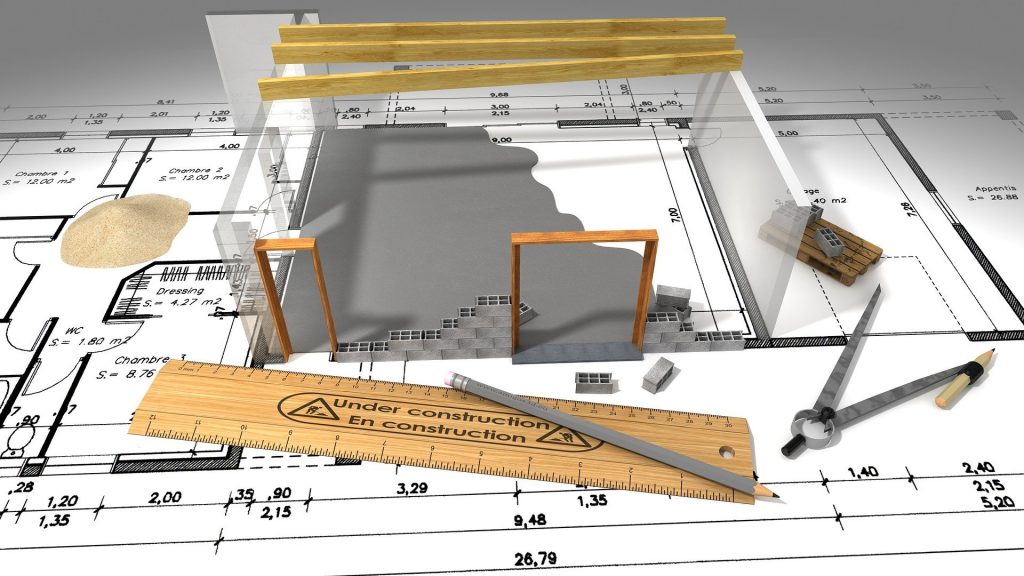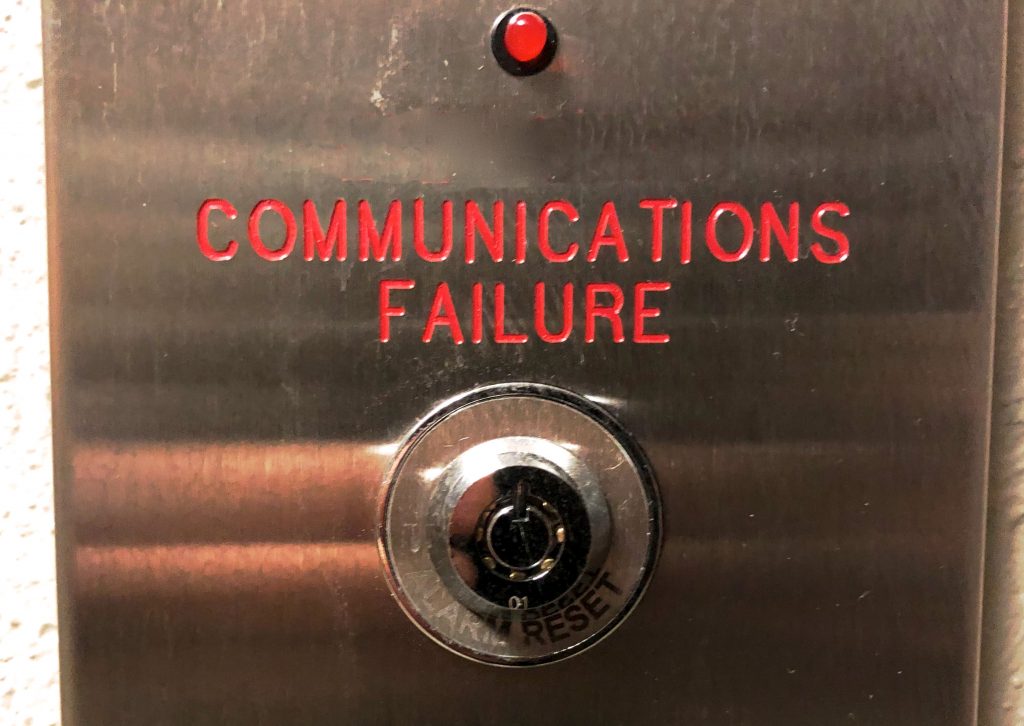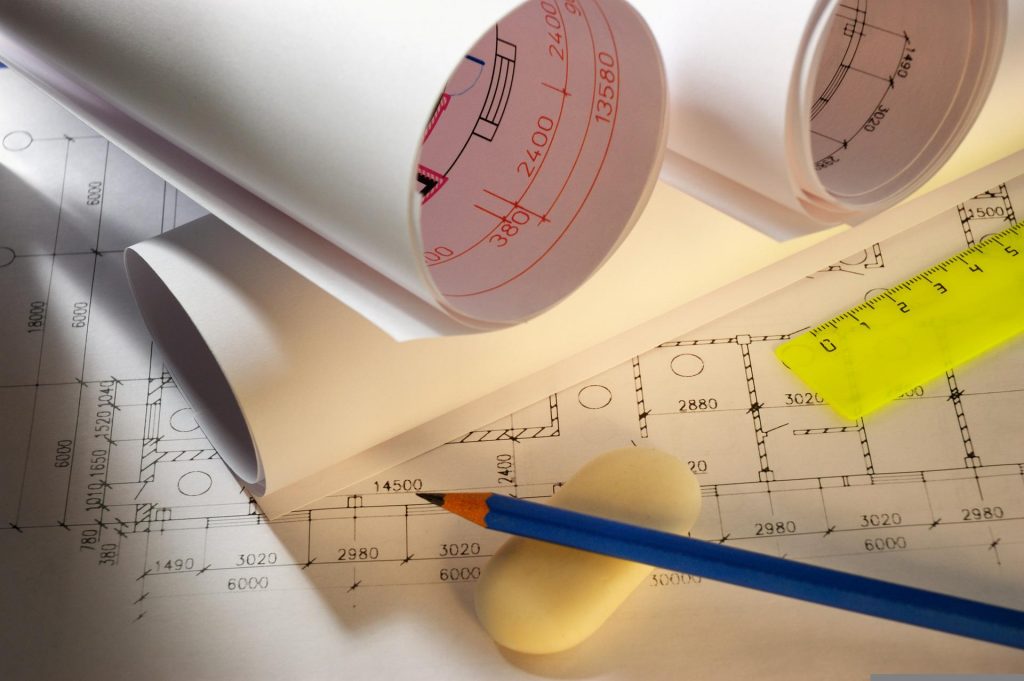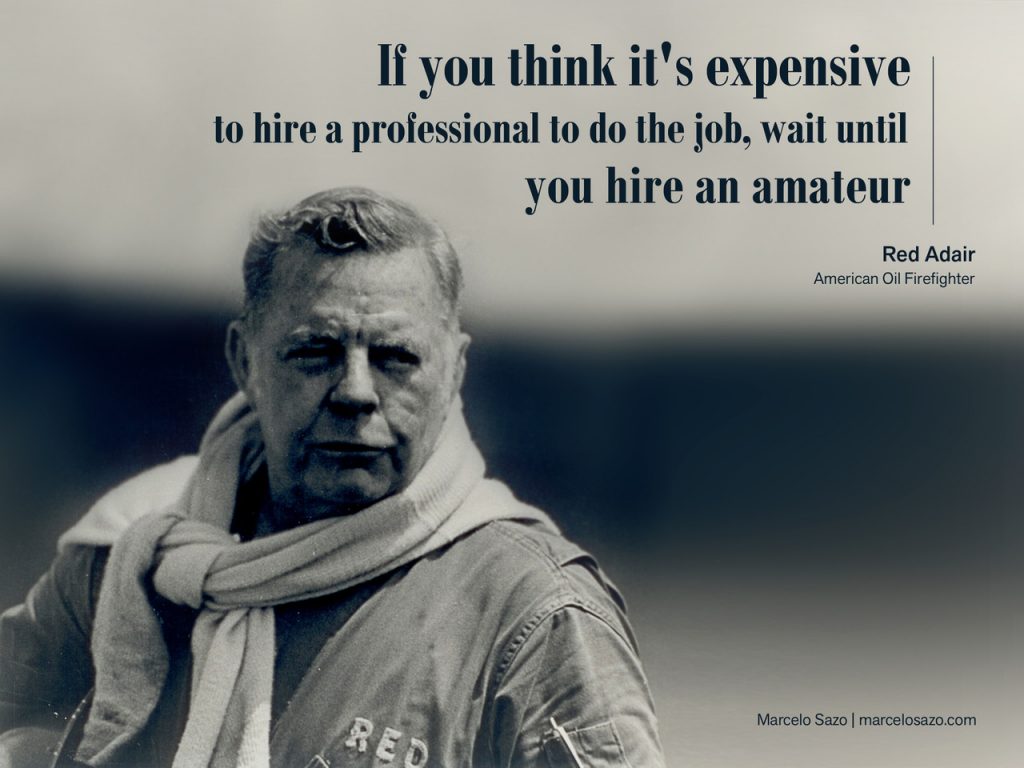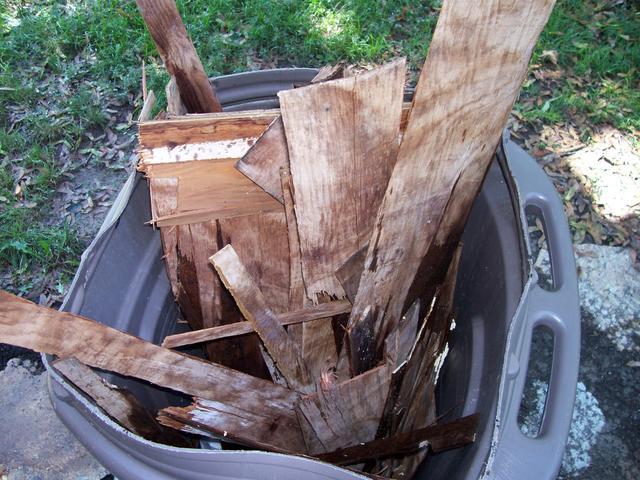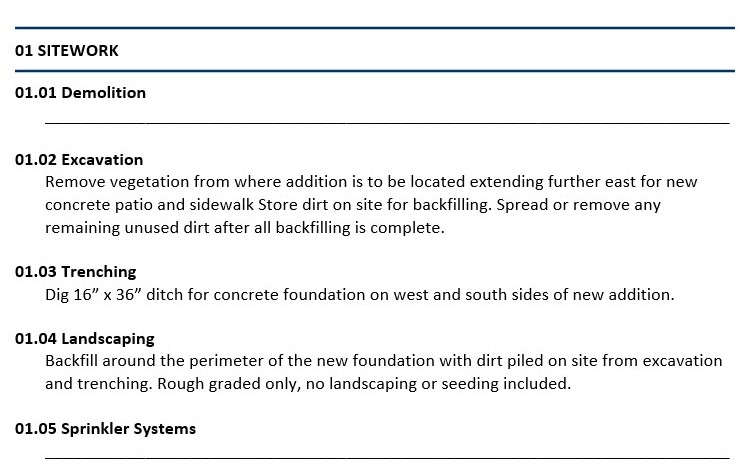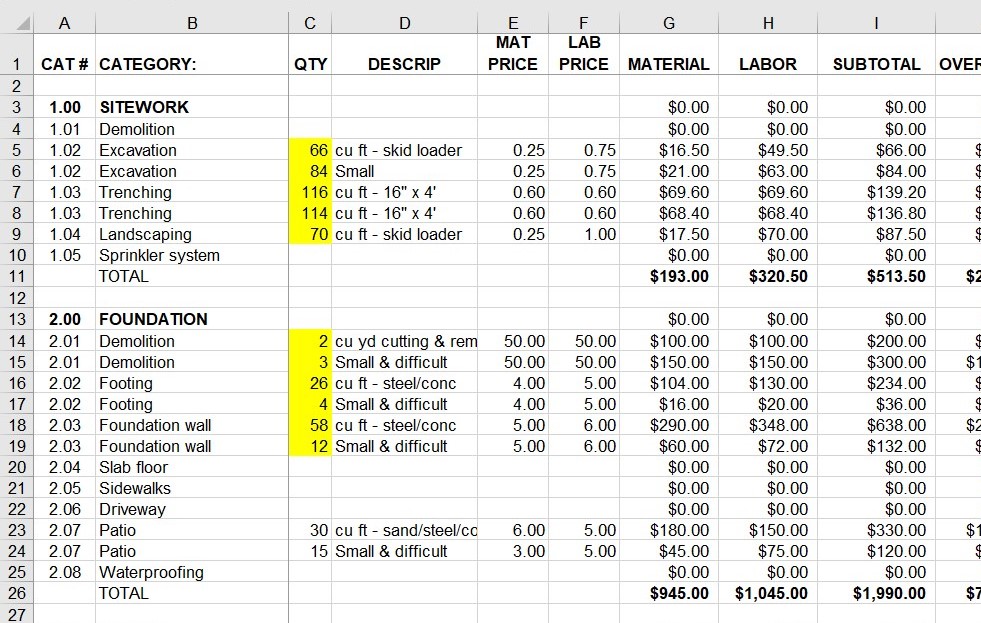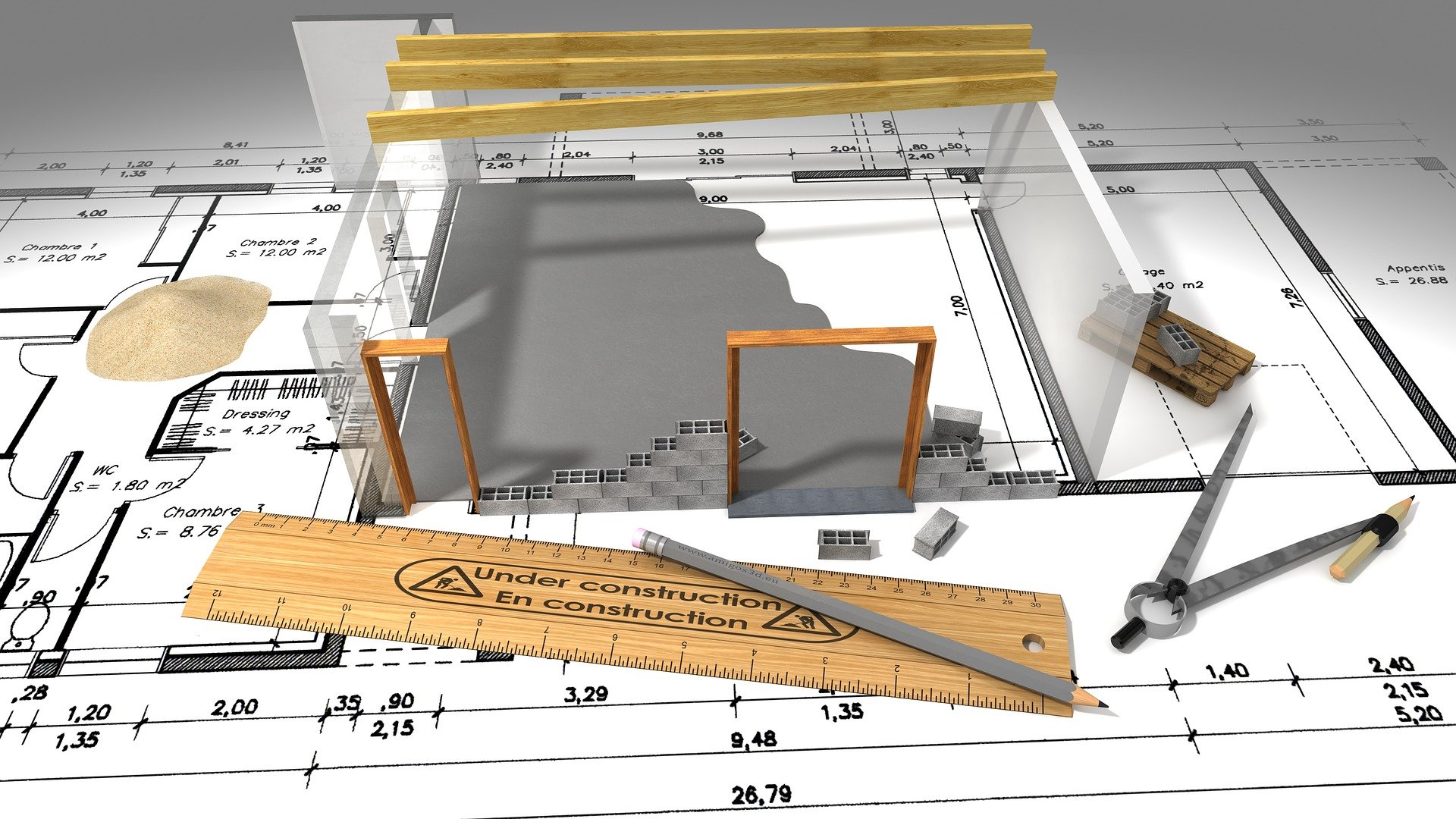Pretty Much the Same as In Person, Except For the “In Person” Part
Virtual construction consulting…that’s an interesting idea. What is virtual construction consulting anyway?

Let’s start with construction. What is construction? Construction is the act or process of constructing. The art, trade or work of building. Construction is a pretty straight forward concept. Most of us are familiar with construction.
Construction is where I’ve spent most of the last 40 years. During that time, I’ve accumulated a substantial amount of experience and expertise.
Consulting…giving expert advice to people, or other professionals in a specific business or trade. This is a term that gets used a lot without giving it much real thought. The key to this is the word EXPERT.
Giving expert advice is something that I’ve been doing for my construction customers for years without realizing that’s what I was doing. This happens naturally. I find out what the customer’s construction desires are and share my expertise to help them achieve their construction dreams.
Virtual is a word that is currently used a lot. There are multiple definitions for this word, but generally at the present, it refers to digital media, computers and emulating the function of another system or device.
Virtual technology allows us to communicate, connect and interact with people around the world.
Virtual construction consulting removes the opportunity for “on site” instinct that comes from years of experience. For me it shows up without me even realizing that it’s happening.
The problem with virtual is not getting the “in person” feel for the project.

With “in person” consulting there is a limited number of people that can be helped due to distance.
This limit to the number of people I can help is what prompted me to consider doing construction consulting virtually. The question then is…what is it going to look like?
The biggest “virtual” hurdle to overcome is the 3rd party gathering of information. The not being able to get the in person feel.
Like any other problem we encounter there is a solution. It may take some out of the box thinking but it can be done.
I’m currently working with a long-distance friend to provide construction consulting virtually.
We will continue to share the ups and downs of the process as we develop this virtual construction consulting service.






